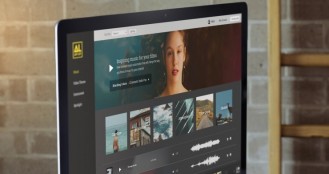 I could never have imagined that the article I wrote would have the impact that it has, and I am humbled, stunned, and excited by the outpouring of interest and support that has come my way.
I could never have imagined that the article I wrote would have the impact that it has, and I am humbled, stunned, and excited by the outpouring of interest and support that has come my way.
In the short time since it came out, I have been overwhelmed by offers to speak publicly, offers of help and even offers to fund “what you are building.”
So I need to be clear here before we begin: this is not something that I am building. I am the CEO of an amazing company PledgeMusic whose amazing women and men solve what I refer to as the “first mile” problem of the music industry, by eliminating risk, creating engagement and giving artists both money and data to go off and make their music. In short, we help create the rights that the proposed .bc (or dotblockchain) format seeks to codify.
This is a full time job, and it is one that I love deeply. The “last mile” problem, which is the one that this project seeks to solve, is something that I care so very deeply about but that I could not solve on my own (even if I didn’t have a job already). This needs to be solved by all of us, an industry-wide initiative to fix the very problems that we created. I will do all that I can — mornings, lunches, nights and weekends — to advocate for it, but it’s not one person’s job. It’s our job, and that includes you who are reading this.
Source: Cuepoint









